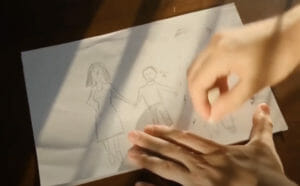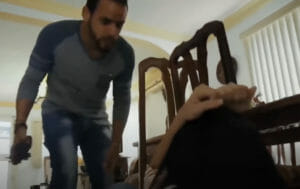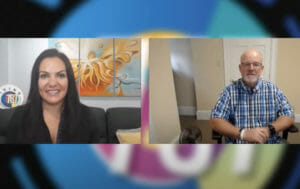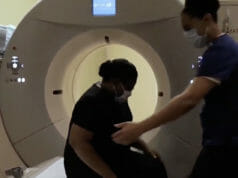There is nothing more important than our children. Although we typically think about the physical aspects of child care, such as food, clothing and shelter, we must also remember that children can have mental health issues, especially when they experience abuse or neglect.
When it comes to child welfare ACEs is an important term to know. ACES, which stands for Adverse Childhood Experiences, encompasses 10 forms of adversity that affect a child’s life.
Witnessing or experiencing physical, sexual, emotional abuse or household disfunction or neglect, can severely affect a child. Because their brains are still developing throughout childhood, trauma can have very a long-term impact. But there are ways to help and to heal.
Patricia sits down with Robert “Keith” Cartwright, a Behavioral Health Wellness Consultant at the Office of Prevention Services DBDS, to learn more about what ACES means and how children who have undergone these forms of adversity can begin their recovery.
Keith explains that the cause and the cure are oftentimes the same. When a child’s most meaningful relationship has been severed, at a most important time in their life, it can cause tremendous damage to that child. Trusting an adult can be very challenging which can lead to a host of other issues. Mentor programs are very valuable as is learning to build meaningful connections and ultimately strong positive relationships.
To get more information, you can contact Keith directly at:
Robert.cartwritht@dbhds.virginia.gov | (804) 225-4901,
or check out their website at:
http://hnncsbprevention.org/services/aces/
If you suspect or know of a child who is being abused, please contact the Department of Child Protective Services Hotline at 1-800-552-7096







